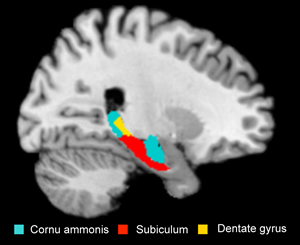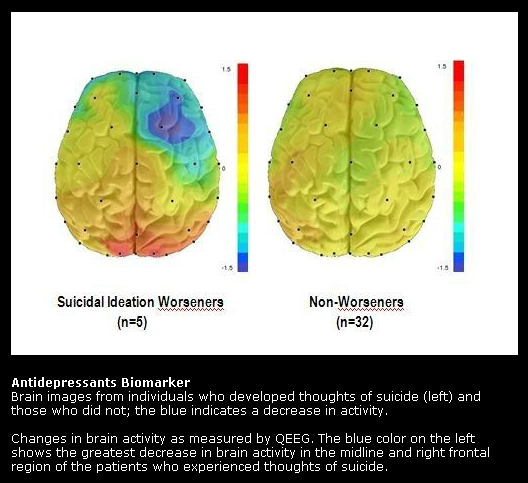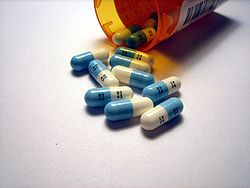Published: April 27, 2011

Depressive patients carrying the risk allele show volume reduction in certain regions of the hippocampus. Photo: MPI for Psychiatry
Max Planck scientists uncover surprising genetic links. Scientists from the Max Planck Institute for Psychiatry in Munich have compared the genomes of a total of 4,088 patients and 11,001 healthy control subjects from all over the world and identified a new risk gene variant for depression.
They were able to show for the first time that physiologically measurable changes can be observed in the brains of healthy carriers of this risk allele. Those changes affect a transporter protein involved in the production of an important neuronal transmitter. Given that traditional drugs interact with similar transporter molecules, the researchers are pinning great hopes on this factor as the target structure of future antidepressant medication. Scientists throughout the world have been trying to identify the genetic causes of depression for many years. [continue reading…]
Published: April 12, 2010
 While antidepressant medications have proven to be beneficial in helping people overcome major depression, it has long been known that a small subset of individuals taking these drugs can actually experience a worsening of mood, and even thoughts of suicide. No clinical test currently exists to make this determination, and only time — usually weeks — can tell before a psychiatrist knows whether a patient is getting better or worse.
While antidepressant medications have proven to be beneficial in helping people overcome major depression, it has long been known that a small subset of individuals taking these drugs can actually experience a worsening of mood, and even thoughts of suicide. No clinical test currently exists to make this determination, and only time — usually weeks — can tell before a psychiatrist knows whether a patient is getting better or worse.
Now, UCLA researchers have developed a non-invasive biomarker, or indicator, that may serve as a type of early warning system. [continue reading…]
Published: March 17, 2010
Antidepressants are effective against depression in patients suffering from physical illnesses, according to a new systematic review by Cochrane researchers at King’s Health Partners Academic Health Sciences Centre in the UK. The researchers found the drugs were more effective than placebos at treating depression in these patients. [continue reading…]
Published: March 11, 2010

Divining the Right Drug , Scientific American reports on a new device that may take the guesswork out of prescribing an antidepressant that works.
Imagine suffering from the crushing weight of major depression, then finally getting diagnosed and starting treatment with a drug—only to realize after two months that the medication, despite its unpleasant side effects, is not alleviating your depression. Unfortunately, this experience is far from rare: more than two thirds of patients with depression have no luck with the first medication they are prescribed and must also endure the withdrawal effects that come with discontinuing a drug before trying a new one. Finding the right treatment can prove a lengthy, painful process of trial and error. A new technology, however, may bypass this ordeal by gauging very early in a treatment regimen how well a drug is working based on the patient’s brain waves. continue reading
Source: Scientific American



